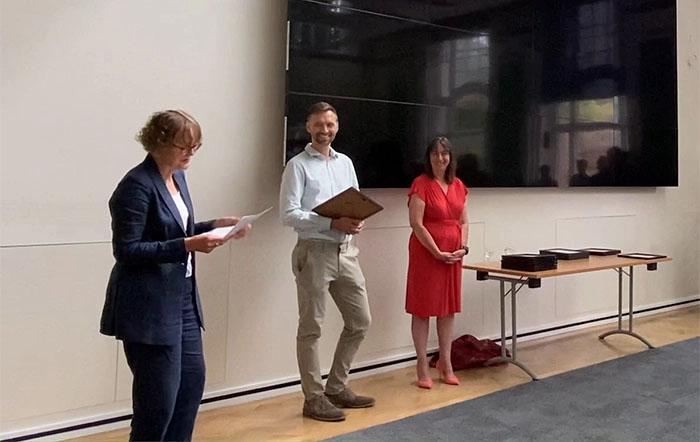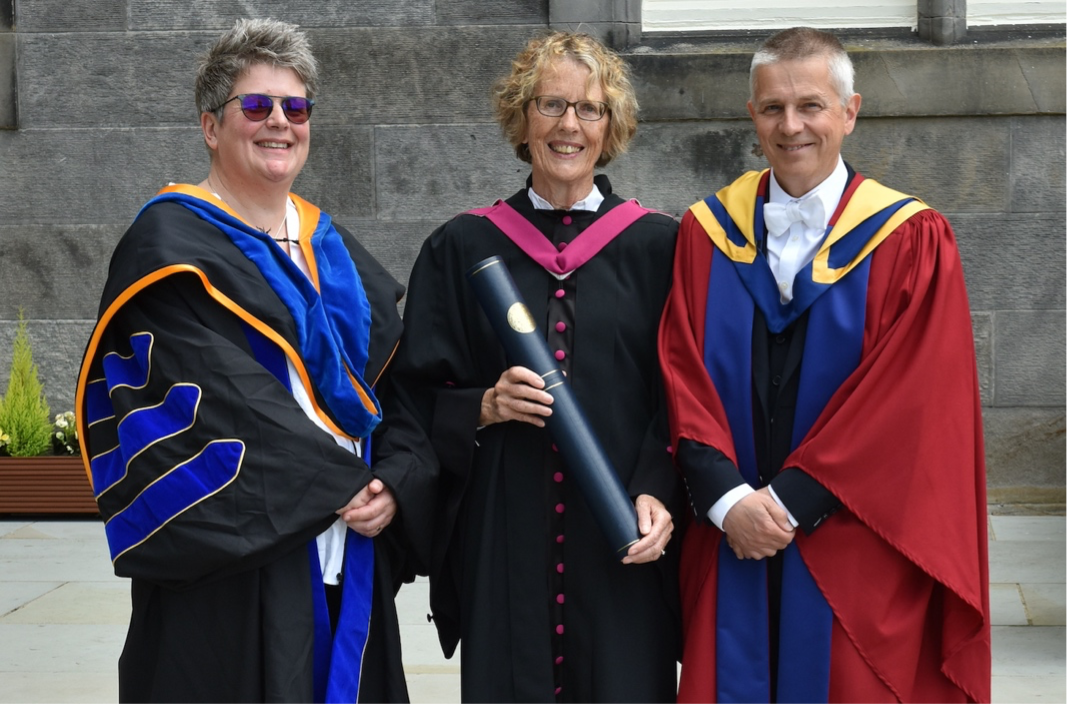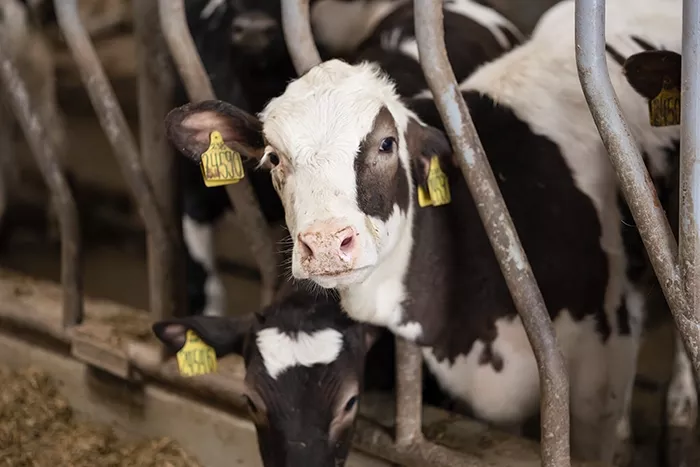In an article for The Conversation, Florian Steig, DPhil candidate at the School of Geography and the Environment, unpacks what Danish climate migration drama, Families Like Ours, gets wrong about rising sea levels.
News
SoGE holds inaugural Engagement and Impact Award Ceremony
SoGE's Inaugural Engagement and Impact Award Ceremony was held on 30th June 2022 in the new East Wing of the Dyson Perrins Building. Head of School, Professor Gillian Rose announced the winners and highly commended entries in two categories: Main Award and Early Career Researcher.

How to mobilise $100 trillion wisely: Oxford course on sustainable finance
Well over $100 trillion dollars needs to be invested internationally to tackle climate change and this requires the global financial system to be aligned with environmental sustainability. Dr Ben Caldecott, Director of the Oxford Sustainable Finance Group, and the Lombard Odier Associate Professor of Sustainable Finance, writes about the establishment of the P3S Academy.

Climate change and the urgency to transform food systems
Without rapid changes to agriculture and food systems, the goals of the 2015 Paris Agreement on climate change will not be met says a new study out today in the journal Science.

Professor Linda McDowell awarded honorary DSc
Congratulations to Professor Linda McDowell, Emerita Professor of SoGE, who has been awarded an honorary degree by the University of St Andrews.

ECI researchers win IMF's Climate Innovation Challenge
A team of ECI researchers, alongside IMF colleagues, have won the Climate Innovation Challenge of the International Monetary Funds, an initiative to advance ideas to better integrate climate change into economic analysis.

Dr Neil Hart awarded UKRI Future Leaders Fellowship
Dr Neil Hart is one of five Oxford University academics who have been awarded a Future Leaders Fellowship. Neil will lead a team of researchers in SoGE, in collaboration with project partners across southern Africa and the UK, to develop the predictions of rainfall season characteristics needed to manage the growing climate risk caused by delayed first rains. Neil's research programme, First Rains, will make use of cutting-edge climate prediction modelling tools pioneered in the UK paired with novel application of machine-learning approaches.

Governments and development organisations around the world are faced with the challenge of urgently making decisions on adaptation that intersect with different dimensions of development. To avoid maladaptive outcomes, the research provides an actionable
Despite being unable to enter China, Luke Grenfell-Shaw (2018-2019 MSc WSPM) has been completing the remaining mileage in London and aims to pass through Oxford on the 18 June on his the way to finishing in Bristol. Luke's expedition aims to raise £300,000 for cancer-related charities.

IBS Distinguished Fellow Award for Professor Robert Whittaker
Congratulations to Robert Whittaker, Professor of Biogeography, Fellow and Tutor of St Edmund Hall, who has been made a Distinguished Fellow of the International Biogeography Society in recognition of his contribution to the subject, especially in the fields of island biogeography and the application of biogeography to conservation.

New cross-sector sustainable energy transition hub opens with energy crisis forum
On Thursday 26 May Oxford University's brand new £3.25m Zero-carbon Energy Research Oxford (ZERO) Institute and Energy Systems Accelerator pilot (Mini-TESA) opened their doors to showcase the range and depth of ambition in Oxford to drive forward the energy systems transition for the UK and globally.

Big data reveal how people feel about rivers: Oxford geographers launch River Sentiment Dashboard
A team of Oxford geographers and the rivers charity Thames21 have built an innovative data-driven tool for exploring how rivers make people feel. The River Sentiment Dashboard gives insight into the changing public sentiment surrounding English rivers at a time when poor river water quality and sewage pollution are making headlines. The online dashboard will be launched during a public webinar on 25 May 2022.








